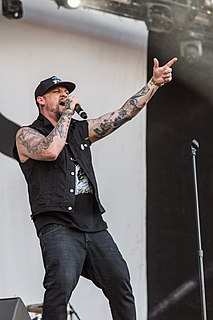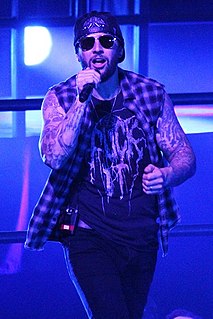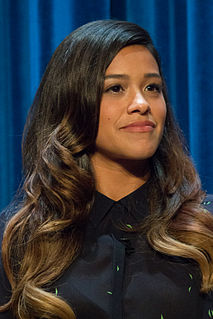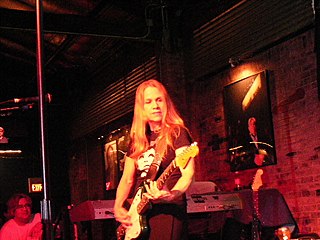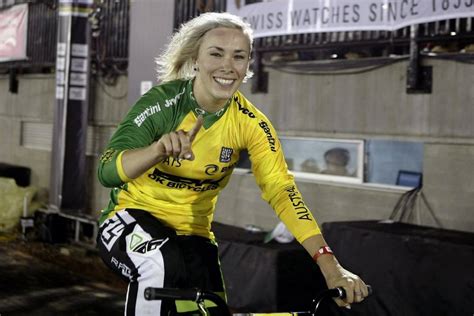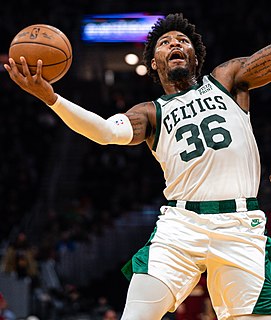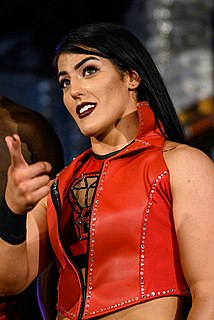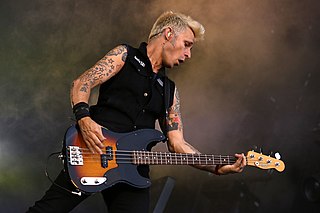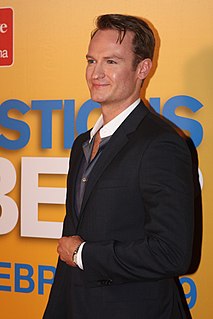A Quote by Joel Madden
When we were 15, my brother and I were getting really into Nirvana, Green Day, and The Beastie Boys. We started going to shows and realized we really wanted to be on stage.
Related Quotes
A lot of it was really, really fun, but at some point, things started getting weird. We didn't allow each other to breathe. We didn't really have a sense of ourselves individually. We were very insecure... We were really threatened by the thought of 'Oh my God, what if someone goes off and does something outside the band?'
My fondest memories were watching the Beastie Boys get prepped to come on stage. They had a lot of antics and they play a lot of basketball... then they were giving out cameras to the crowd, and performing from the bleachers. The most important thing I learned was that you control your crowd, not the other way around.
